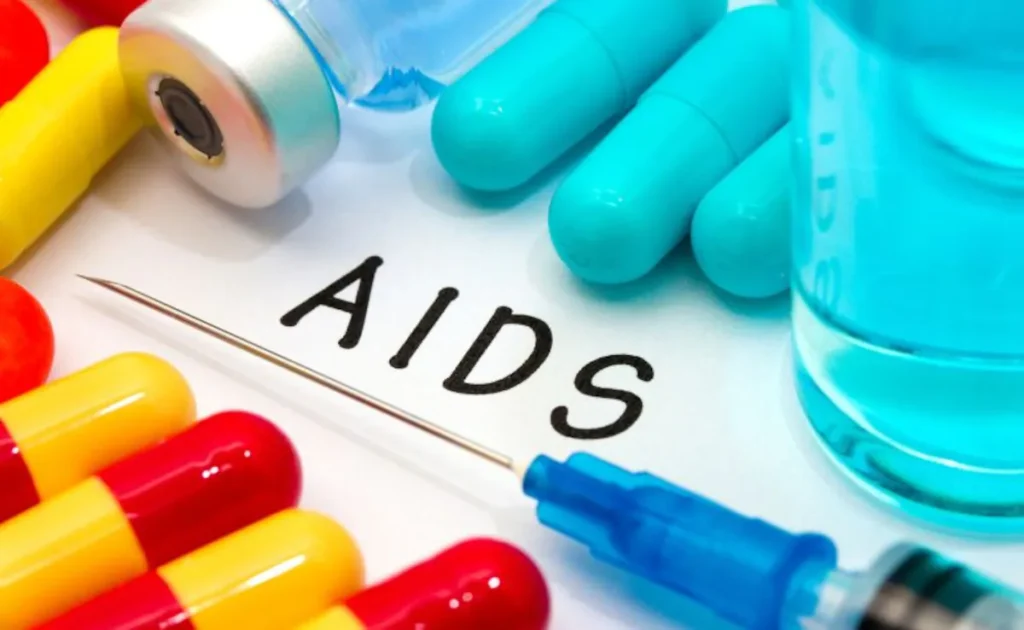World AIDS Day, first observed in 1988, is one of the longest-running health awareness days in the world. It provides a chance to raise awareness about the importance of education, HIV testing, and supporting those living with the virus.
The day also focuses on fighting the stigma and discrimination that still surrounds HIV, helping to create a more understanding and compassionate world. World AIDS Day reminds us to continue working together to end the spread of HIV, offer care to those affected, and ensure everyone has access to the resources they need.
The day emphasizes education and raising awareness about creating a world without AIDS. AIDS (Acquired Immunodeficiency Syndrome) is the advanced stage of HIV (Human Immunodeficiency Virus), where the immune system becomes very weak and struggles to fight off infections.
Here are signs and symptoms of AIDS
1. Ongoing Fever
A fever that lasts for an extended period (above 100.4°F or 38°C) and doesn’t respond to typical treatments is a common early sign. This happens as the body’s immune system reacts to infections, struggling to defend itself.
2.Constant Fatigue
Unusual and severe tiredness, even after plenty of rest, is a key warning sign. It happens because the immune system is constantly working hard, making it difficult for the body to keep up with normal energy levels.
3. Night Sweats
Excessive sweating at night, unrelated to the room temperature, is a sign that the body is fighting an infection. It usually happens along with a fever and is caused by the immune system working overtime.
4. Unexplained Weight Loss
Sudden and noticeable weight loss, known as “wasting syndrome,” happens when the body burns more energy fighting infections than it can take in or keep.
5. Swollen Lymph Nodes
Lymph nodes in areas like the neck, armpits, or groin may stay swollen for a long time. This happens as the nodes work to filter out harmful substances and become inflamed in the process.

Skin rashes and sores related to AIDS often appear as unusual spots or lesions on the skin, which can range from small, red patches to larger, more painful sores. These rashes or sores may develop on the skin or in mucous membranes, such as inside the mouth or genital areas.
1. Sores in the Mouth or on the Tongue
Painful, long-lasting sores or ulcers in the mouth or on the tongue, often caused by infections like candidiasis, are common early signs of a weakening immune system.
2. Breathing Problems
Shortness of breath, constant coughing, or frequent lung infections like tuberculosis (TB) or chronic bronchitis may occur as the immune system becomes weaker.
. Neurological Symptoms
In later stages, memory loss, confusion, and trouble focusing can happen. These issues are caused by the virus affecting the nervous system or related conditions like meningitis.
If someone shows these symptoms and has risk factors for HIV, it’s important to seek medical help and get tested right away. Early diagnosis and treatment with antiretroviral therapy (ART) can stop HIV from progressing to AIDS.